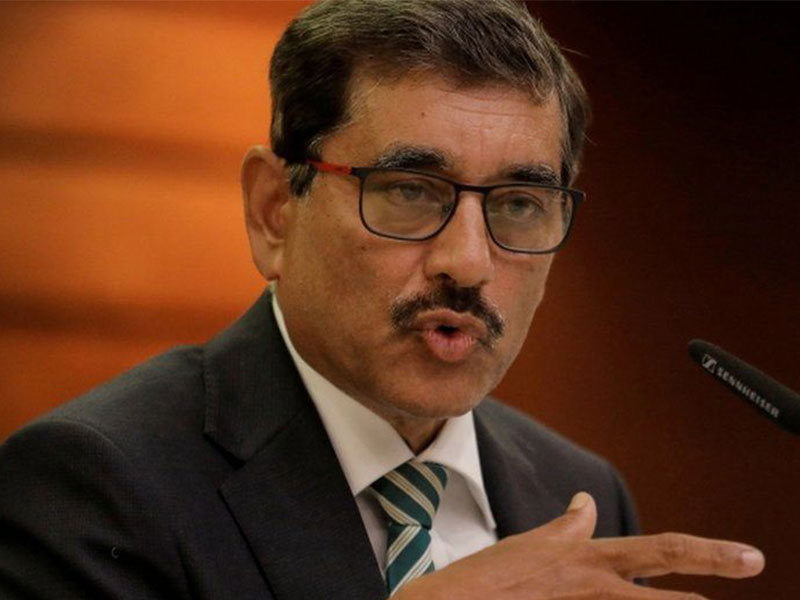In a recent press conference, Sri Lanka’s Central Bank Governor, Dr. Nandalal Weerasinghe, addressed concerns surrounding the controversial Parate execution laws for loan recovery.
Limited Recovery, Parate to the Rescue: Despite efforts, Sri Lankan banks have only recovered less than 0.5% of total loans, highlighting the need for effective debt collection tools like Parate. A recent Supreme Court decision in favour of applying Parate to third-party mortgaged assets provides a crucial boost in this direction.
Misinformation and Organized Resistance: Dr. Weerasinghe countered claims by “organized individuals” seeking to block Parate usage, emphasizing the potential detriment to depositors’ money. Banks primarily rely on deposits (81% of liabilities), with shareholder capital contributing a mere 7%. Protecting these deposits necessitates efficient loan recovery mechanisms.
Parate Used Sparingly, Impact Minimal: Contrary to concerns, Parate usage has been limited. In the past 11 months, only 0.4% of total loans (approximately Rs. 38 billion) were recovered through Parate from 557 individuals. This pales in comparison to the Rs. 1.4 trillion worth of impaired loans, of which only 1.7% have been subjected to Parate.
Economic Repercussions of Blocking Parate: Dr. Weerasinghe warned that hindering Parate would discourage banks from lending, negatively impacting the overall economy. Access to credit is crucial for businesses and individuals alike, and disrupting loan recovery mechanisms could stifle economic growth.
Conclusion: Dr. Weerasinghe’s defense of Parate highlights the need for a balanced approach. While acknowledging concerns about potential misuse, he emphasizes the importance of Parate as a vital tool for protecting depositors’ money and ensuring financial stability. A responsible and measured application of Parate, coupled with safeguards against abuse, can strike a crucial balance between protecting borrowers and maintaining a healthy banking system
Meanwhile, Justice Minister Dr. Wijeyadasa Rajapakshe has assured the country’s entrepreneurs that he will take steps to introduce major reforms to the existing parate law and bring in a new and improved act through parliament.
Addressing a conference organised by small and medium-scale enterprises on parate executions and their impact, the Minister said “Justice Minister Dr. Wijeyadasa Rajapakshe assured the country’s entrepreneurs that he will take steps to introduce major reforms to the existing parate law and bring in a new and improved act through parliament.
Misuse of Parate:
Addressing a conference organised by small and medium-scale enterprises on parate executions and their impact, the minister said that while the Parate law is part of the Roman-Dutch law, it fails to exist today in both Rome and the Netherlands.
Addressing a conference organised by small and medium-scale enterprises on parate executions and their impact, the minister said that while the Parate law is part of the Roman-Dutch law, it fails to exist today in both Rome and the Netherlands.
The Minister acknowledged that banks are currently misusing the existing parate law to confiscate the assets of creditors and, at times, to even benefit personally.
“Relatives of certain heads of banking institutions have become owners of assets taken possession of and auctioned off under parate executions,” he alleged.
“Relatives of certain heads of banking institutions have become owners of assets taken possession of and auctioned off under parate executions,” he alleged.
“Relatives of certain heads of banking institutions have become owners of assets taken possession of and auctioned off under parate executions,” he alleged.







